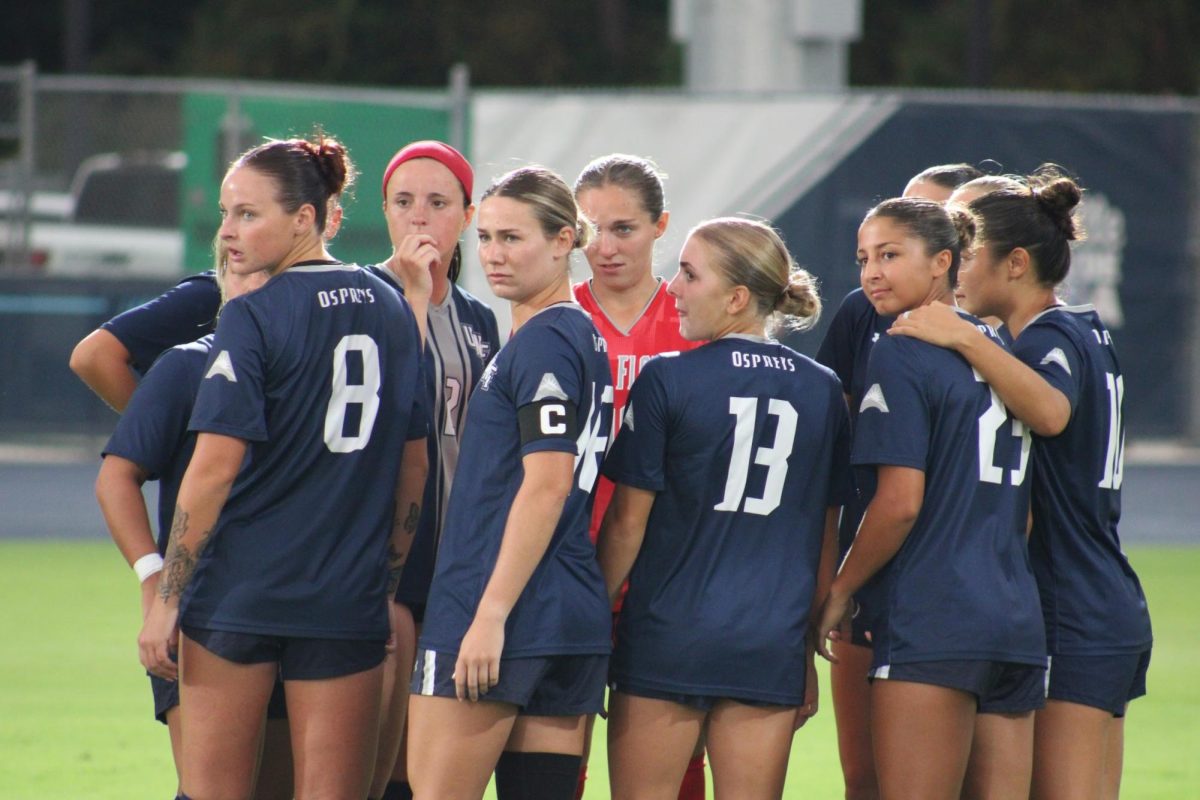 The wildflowers in the median of Interstate 95 through Georgia and South Carolina remind one former Marine of his days in Kosovo, but his sentiments rarely reflect the beauty.
The wildflowers in the median of Interstate 95 through Georgia and South Carolina remind one former Marine of his days in Kosovo, but his sentiments rarely reflect the beauty.
On a mid-July day in 1999, Marine Pfc. Robinson Rodriguez, then 19, was assigned work detail. He assumed he would be cleaning up road kill, like on previous work details.
But when his work party arrived at a field, Rodriguez realized the group was to collect the remains of a corpse into a body bag.
“That was the hardest thing for me to let go of,” Rodriguez said.
The corpse might have been exposed to the heat for days or even weeks; all that was left was a torso, half of a head, one arm and the legs above the knees, Rodriguez said. The work party couldn’t even tell the corpse’s gender.
He recovered from the incident, but after five years, Rodriguez, a junior international business major at UNF, started having nightmares.
He was officially diagnosed in 2006 as one of nearly 5 million adults in the U.S. with post-traumatic stress disorder.
PTSD is an anxiety disorder that can occur with anyone who has been exposed to a traumatic event – many of whom are soldiers who return from duty.
In 2007, 2,014 Marines were diagnosed with PTSD, along with 10,049 soldiers in the Army.
Symptoms include substance abuse, depression, sleeping problems, irrational fears, nightmares and exaggerated startled response.
Some people exposed to trauma might not realize they are suffering from the disorder. Others refuse to go to therapy because of the stigma associated with coming to counseling, said Richmond Wynn, community outreach coordinator for the UNF Counseling Center.
Rodriguez said he feared persecution, but was eventually forced to seek help after experiencing an anxiety attack during a staff meeting in Korea.
The environment was mountainous and cold like Afghanistan, and he had no access to his method of self-medication – alcohol, Rodriguez said.
“I didn’t feel like I was getting any oxygen, and my heart rate just shot up through the roof,” he said. “I started convulsing.”
Rodriguez described this as his breaking point, and told his superiors about his depression and sleeping problems, which he still deals with today, he said.
But even as things improved physically for him after starting medication, his career began to decline. His commander, Capt. Joshua Tuttle, told him he had been selfish and disloyal to the unit for putting his personal feelings ahead of the group.
His discharge papers were issued Oct. 10, 2007 after serving nine years, four months and 12 days.
Wynn said everyone experiences trauma differently and PTSD victims should look for help from professionals, not friends.
“It’s hard for friends to be non-judgmental when they really care about somebody,” Wynn said. “[A therapist is] an objective, caring outsider.”
However, depression, another symptom of PTSD, can cause sufferers to pull away, and Rodriguez internalized his feelings.
Rodriguez’ last romantic relationship ended in November 2007. He said he pushed her away, and she blamed herself for his unhappiness.
“You push certain people away,” he said. “You get really detached from the world sometimes. It’s a way to cope.”
Everyday activities like school also become a problem.
Rodriguez earned good grades in high school, but now, after pursuing his dreams as a Marine, he has difficulty concentrating and focusing.
He said his grades last semester were all B’s and one C, but he has to work two or three times harder than his classmates to earn those grades.
“I do all the right things just so I don’t (a) give the impression that I’m crazy and (b) I don’t go crazy,” Rodriguez said. “I know that there are some people who cannot function, and I don’t want to be labeled as one of them.”
E-mail Nicole Hernandez at news@unfspinnaker.com.
















Brandon Scott | Aug 11, 2010 at 8:30 am
i suffered from anxiety attacks and my doctor put me on anti-depressants ‘